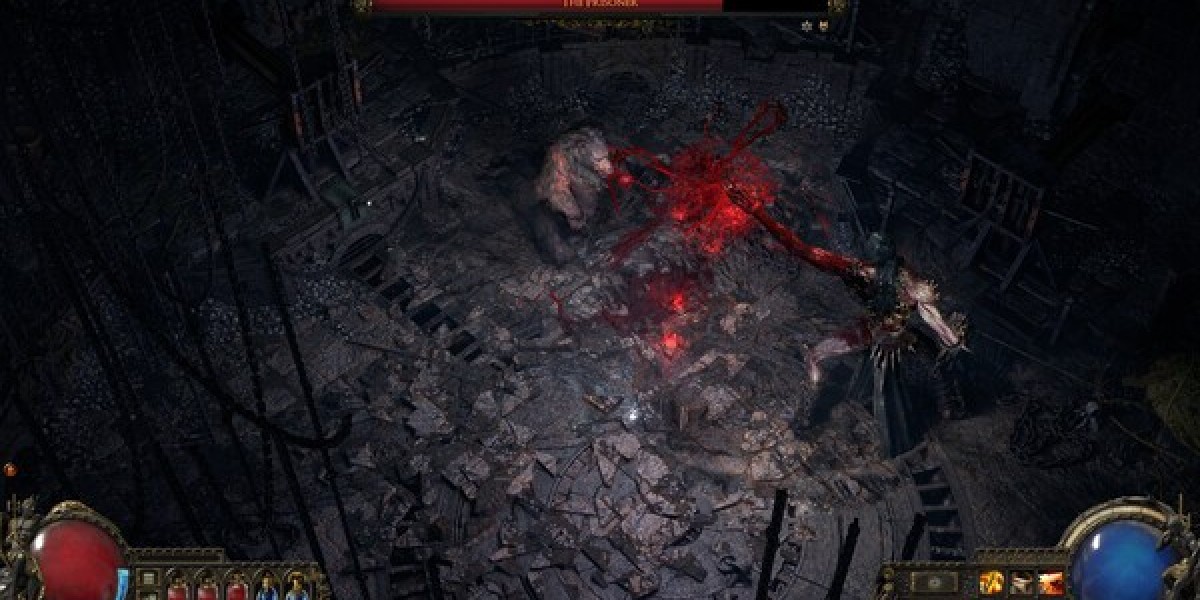Efficiency and specificity are two problems that cannot be evaded with gene editing tools. Precise detection of off-target activities is an essential step in evaluating the practicability of CRISPR system. Thus, assays for the sensitive detection and analysis of off-target editing are critical. Creative Biogene has established a comprehensive analytical platform for detecting off-target effects. The platform includes a variety of advanced assays to provide customers with comprehensive and accurate CRISPR/Cas9 off-target effect detection and analysis services.
Overview of CRISPR Off-Target Effects Analysis Service
The CRISPR-Cas system allows targeted editing of genes of interest in various organisms, from bacteria to humans, and has versatile applications in vivo. However, when the CRISPR system recognizes sequences similar to the target sequence, deleterious off-target mutations can occur, especially in mammals given their large genomes, which can lead to malfunctions. Cleavage at off-target sites can lead to chromosomal rearrangements, including deletions, insertions, and translocations, which may result in the disruption of normal gene expression and the activation of oncogenes. Various CRISPR effectors such as Cas9 and Cas12a (Cpf1) suffer from off-targeting due to guide (g)RNA properties. Consistently, it is necessary to comprehensively test and analyze the off-target risk of CRISPR to improve the safety of CRISPR technology and screen the safest sgRNA sequences to meet the needs of researchers.
Creative Biogene provides comprehensive and accurate CRISPR off-target effect analysis services. Our experienced scientists can effectively analyze the potential off-target sites of sgRNA, reduce the probability of off-target site editing occurring, and help our clients assess the off-target risk in a timely manner. In addition, our services can also be used for early mass screening in preclinical studies. Through rapid screening of a large number of sgRNAs, we can help customers find sgRNAs with lower off-target risk.



